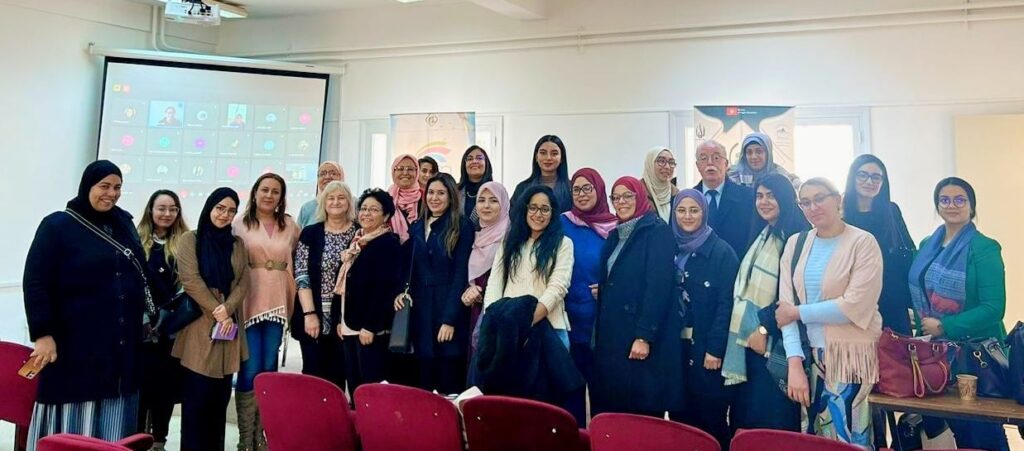HYBRID Session of SYFLAT Research Methodology Seminars 2023/2024
The program:
09:15-09:30: Opening
09:30-10:30: Keynote Speaker 1: Prof. Hilary Nesi
Title: Introducing the BAWE corpus www.coventry.ac.uk/bawe
Abstract: The British Academic Written English Corpus (BAWE) was collected as part of the project ‘An Investigation of Genres of Assessed Writing in British Higher Education’, and was intended as a record of proficient university-level student writing at the turn of the 21st century. It contains almost 3000 proficient student assignments produced at universities in the UK, spread fairly evenly across four levels of study and more than 30 disciplines. It is the only corpus of its kind, and was designed to fill a gap in current resources by complementing other corpora representing either expertly written academic texts or non-discipline specific texts produced for academic writing classes. Writing produced by students for their degree programmes is a particularly occluded’ area, because students don’t usually see many examples of it – except the writing they have produced themselves. Even academic staff are unlikely to know about the kinds of writing tasks that are set by colleagues in other universities, or in other related disciplines. Analysis of the BAWE corpus has revealed the huge variety of writing styles required of students in British universities, in different disciplines and for different assignment tasks.
BAWE is freely accessible to researchers and has been used as the basis for more than a hundred research publications since its creation. This talk will discuss methods used to analyse the corpus, and present some of the main research findings regarding genres and linguistic features. There will be opportunities to discuss the similarities and differences between student writing tasks in different parts of the world.
10:30-11:00: Coffee Break
11:00-12:00: Keynote Speaker 2: Prof. Feyza Derbel
Title: ‘Not so fast’, Identifying Quality Resources for Your Research.
Abstract: This presentation is meant to provide guidance for researchers embarking on their doctoral research and eager to begin refining the search they had started at the proposal stage. Focus of this training session is on the strategies they could employ in order to identify quality resources and how to progress from general to more specific resources employing search techniques ranging from how to locate resources, how to evaluate them, and how to compile them for later use. While the process is probably tedious, it is rewarding once you start writing.
This phase of the doctoral research is extremely important in the first year of your PhD training but the strategies are to be sustained throughout the production of the thesis. I will argue as well that the strategies you learn for identifying quality resources is a recursive process and a lifelong skill that will enable you later in your career.



